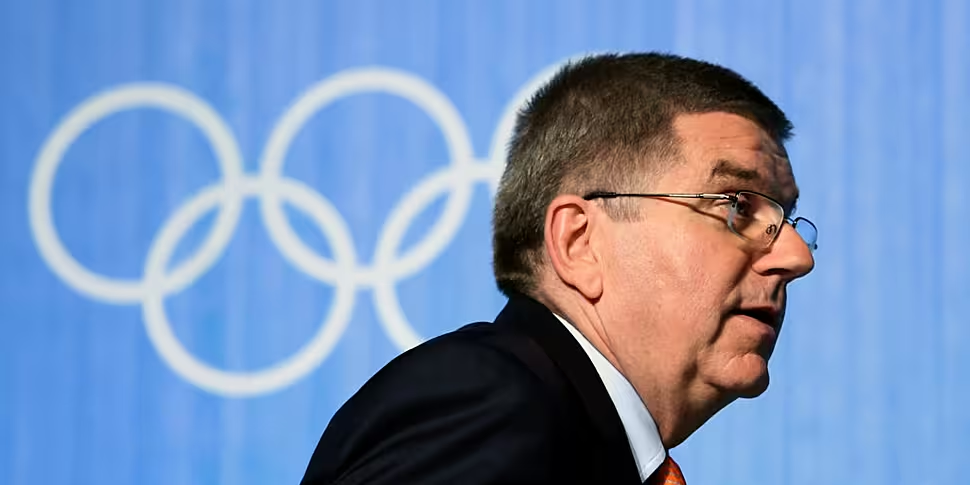International Olympic Committee President Thomas Bach admits that the Tokyo Olympics will have to be cancelled if they can't be staged next summer.
The IOC postponed this summer's event until July 2021 due to the COVID-19 but Japan's Prime Minister Shinzo Abe recently said it could yet prove to be "difficult" to host next year.
Japan's Medical Association have further suggested that a vaccine may be needed and Bach says his committee are continuing to follow advice from the World Health Organisation.
"We have established one principle: to organise these Games in a safe environment for all the participants," he told the BBC. "Nobody knows what the world will look like in one year, in two months.
"So we have to rely on experts and then take the appropriate decision at the appropriate time based on this advice.
"We have to be prepared for different scenarios. There is the clear commitment to having these games in July next year.
"At the same time, looking at the scenarios this may require towards the organisation, with regard to health measures, these maybe need quarantine for the athletes, for part of the athletes, for other participants.
"What could this mean for the life in an Olympic Village and so on? All these different scenarios are under consideration and this is why I'm saying it's a mammoth task, because there are so many different options that it's not easy to address them. When we have a clear view on how the world will look on 23 July, 2021, then we will take the appropriate decisions."
Shinzo Abe has also insisted that next summer is the "last option" for Japan's staging of the Olympics and Bach says he can understand that position:
Quite frankly, I have some understanding for this, because you cannot forever employ 3,000, or 5,000, people in an Organising Committee.
"You cannot every year change the entire sports schedule worldwide of all the major federations. You cannot have the athletes being in uncertainty.
"You cannot have so much overlapping with a future Olympic Games, so I have some understanding for this approach by our Japanese partners."













